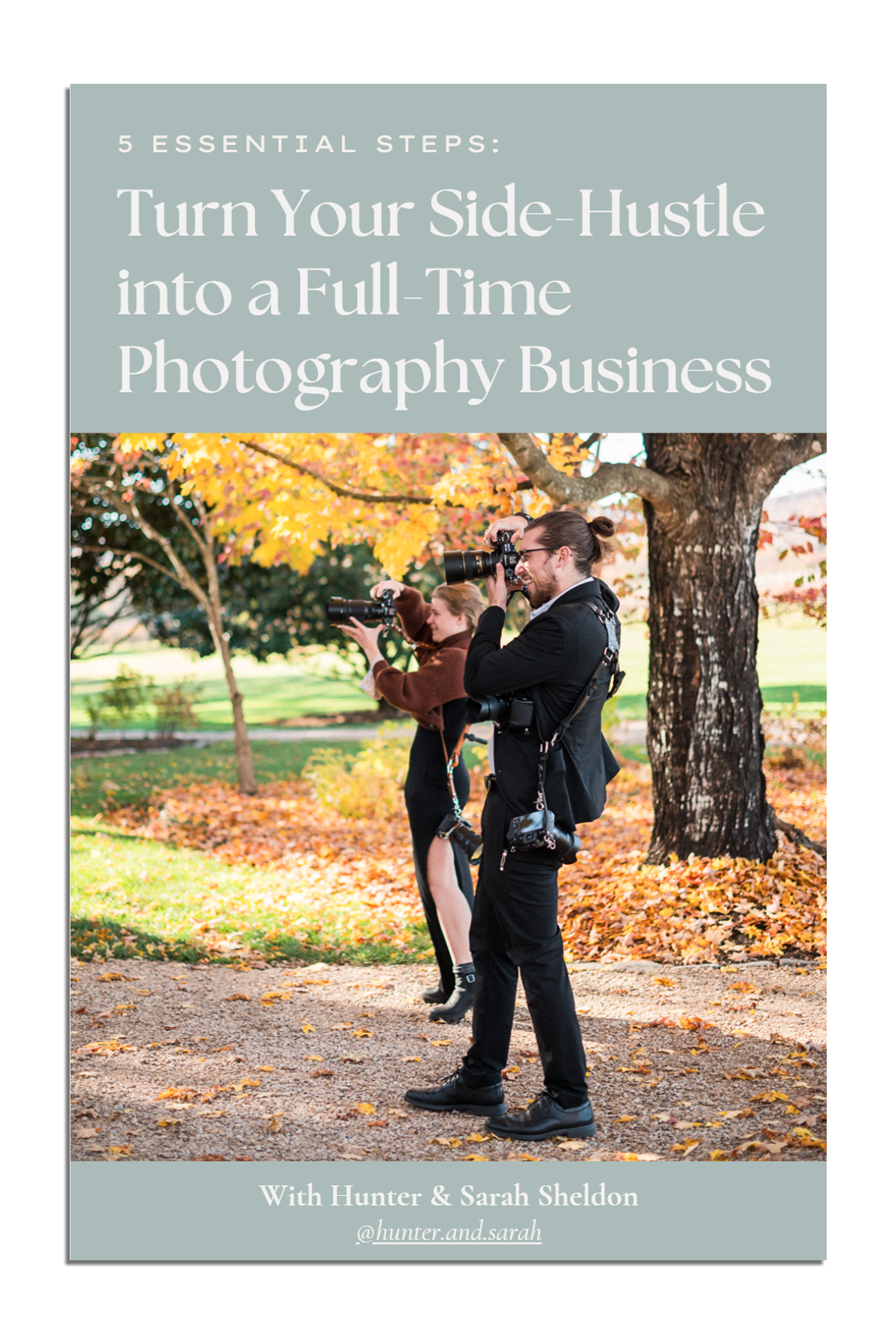VIEW BY CATEGORY:
Hi, we're Hunter and Sarah, a husband-and-wife, luxury wedding photography team. We’re also educators, helping other photographers build profitable and sustainable photography businesses.
MEET US
LOOKING FOR SOMETHING?
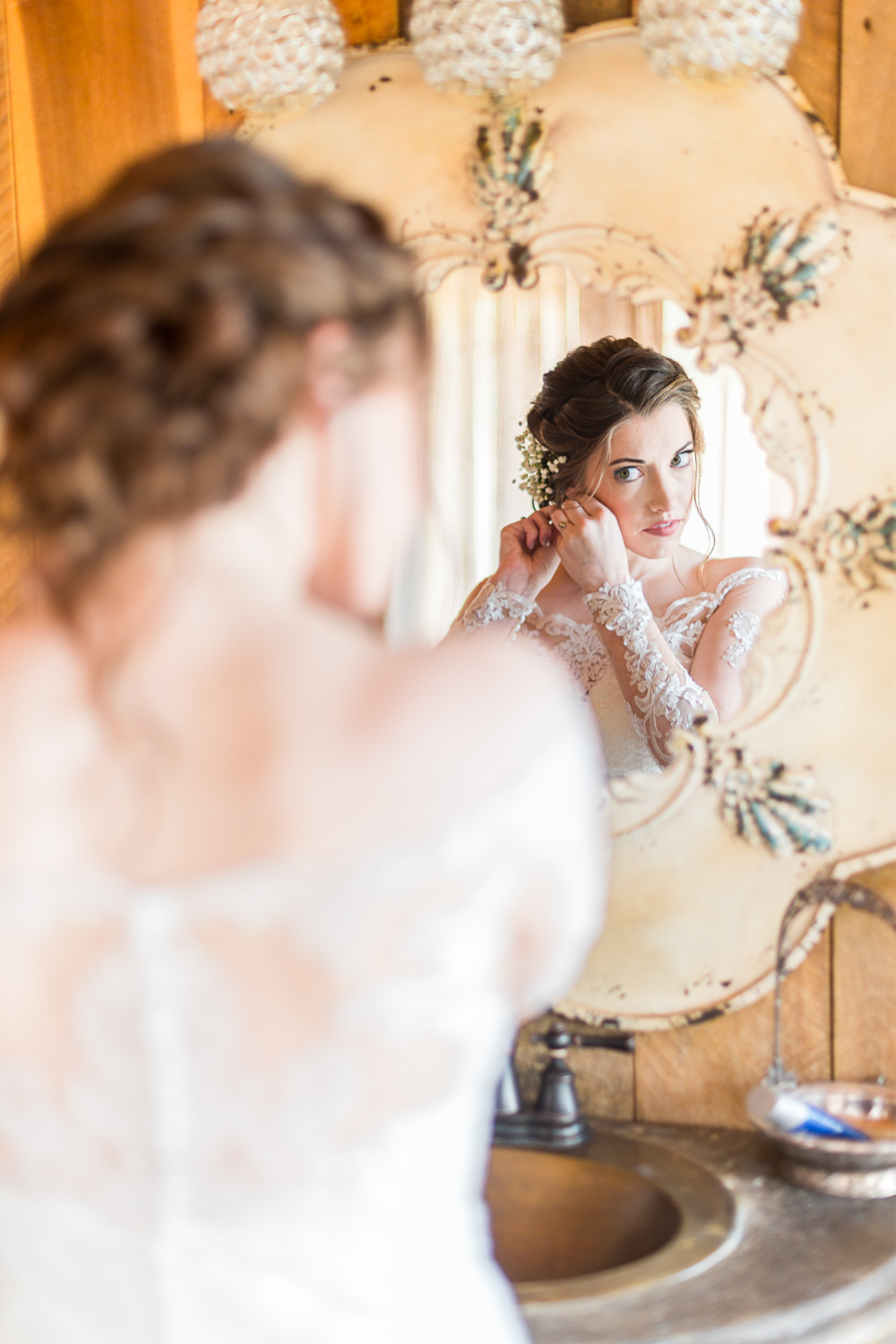
How to Officially Start a Photography Business 1
February 25, 2020
Hey Photographers! Last week, we wrapped up a blog series aimed at something that consumes so much time and energy from wedding photographers: post production! If you missed it, Part 1 is here. This week, we’re introducing a new series that caused us SO much headache in the early days of our business: How to Officially and Legally Start a Photography Business!
Once you start making some real money with your photography, you may want to consider establishing a legal business entity. For the sake of organization, liability, legitimacy and tax-efficiency, this is the direction many photographers will go after a year or two of making money. And if you hope to go full-time in your photography one day, you’ll need to do this sooner or later!
Although establishing a business can seem like a daunting task, it’s actually more simple than it seems. Follow the steps in this blog series to go from side-hustler to business-owner!
How to Officially Start a Photography Business 1: Start Keeping Track
Before you’re ready to apply for a business license, get insurance or start paying taxes, it helps to get organized. Even if you’re not ready to officially run a business, and might not be for some time, we recommend that you learn some very basic accounting skills, and begin putting them to work!
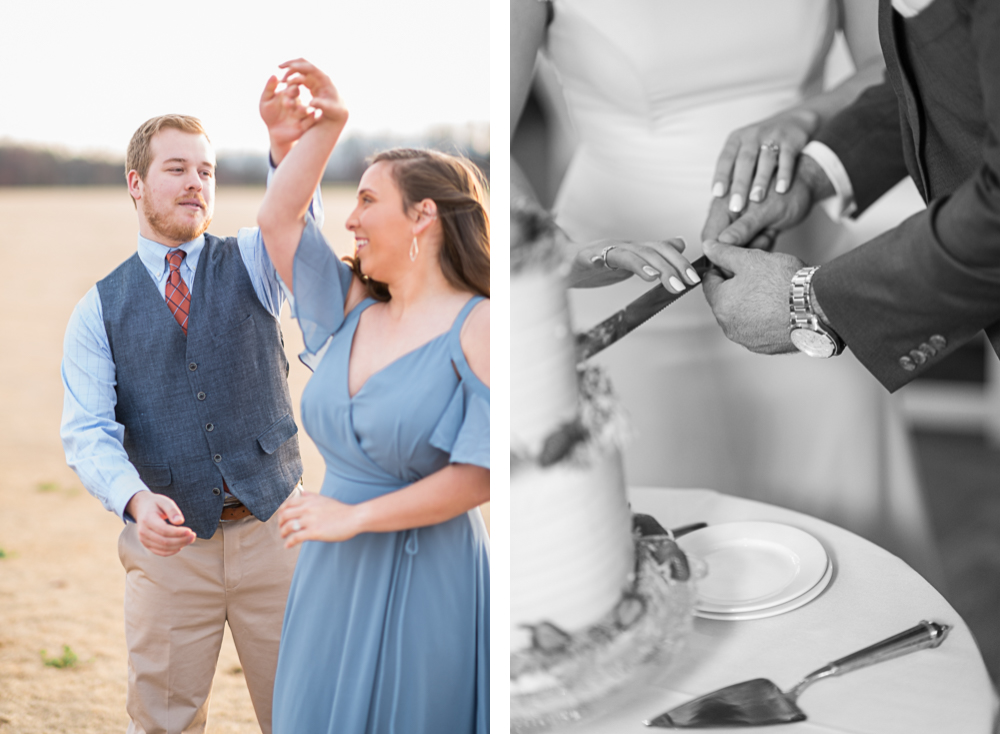
Accounting Basics: Income and Expenses
Although we DEFINITELY don’t claim to be accounting experts, we can help explain a few of the most rudimentary accounting principles that will help you begin to keep track of your business from a financial side. Hopefully, after reading this blog, the word “Accounting” won’t seem quite so scary!
We recommend starting with a basic spreadsheet. You can use Excel, Pages, or Google Sheets, depending on what you have access to. Open up a brand new, empty document and create two simple sheets: one called “Income” and one called “Expenses”.
In case these terms aren’t familiar to you, income is money that your business earns from business activities. This will be money you make from photoshoots or selling prints. As a photographer, most of your income will be in the services you provide, rather than the product that you are selling.
Expenses are money you spend on your business. Every time you buy a new piece of camera gear, spend money on advertising, or buy coffee while meeting with a potential client – that’s a business expenses. Although we won’t go into an exhaustive list now, a quick Google search can show you what does and does not constitute a business expense. You’ll need to understand this list well when it comes time to establish your business for real, as it will save you a lot of money on taxes.

Keeping Track of Incomes and Expenses
On the income sheet, record each job you have coming up, as well as some basic information about each job. The contact info of your client, the date of the job, how much you’re owed, how much you’ve been paid, and date of payment are all essentials. Eventually, you might add other columns to keep track of the type of job (engagement vs. family session), how they found you (word of mouth vs. Google), and whether or not they’ve left a review online. Once you complete and get paid for a job, record that on the sheet, but don’t delete past jobs from this sheet.
On the “expenses” sheet, you should similarly track all the expenses that you have for your business. You should record who you paid, what you paid them for, the amount you paid them, and the date you paid. It’s also good practice to list the tax category that the expense falls under, as you’ll eventually have to do that for all your expenses. This helps you separate office supplies from traveling expenses from marketing costs, and so on.
If making money in photography is a relatively new experience, you may even be able to go back and record your income and expenses from the beginning of your business. You can use old bank statements or credit card receipts to find all the times you made or spent money in your business. This will give you a more holistic look at the lifetime finances of your business. This isn’t necessary, but you can learn a lot about yourself and your business by looking at it from the beginning!
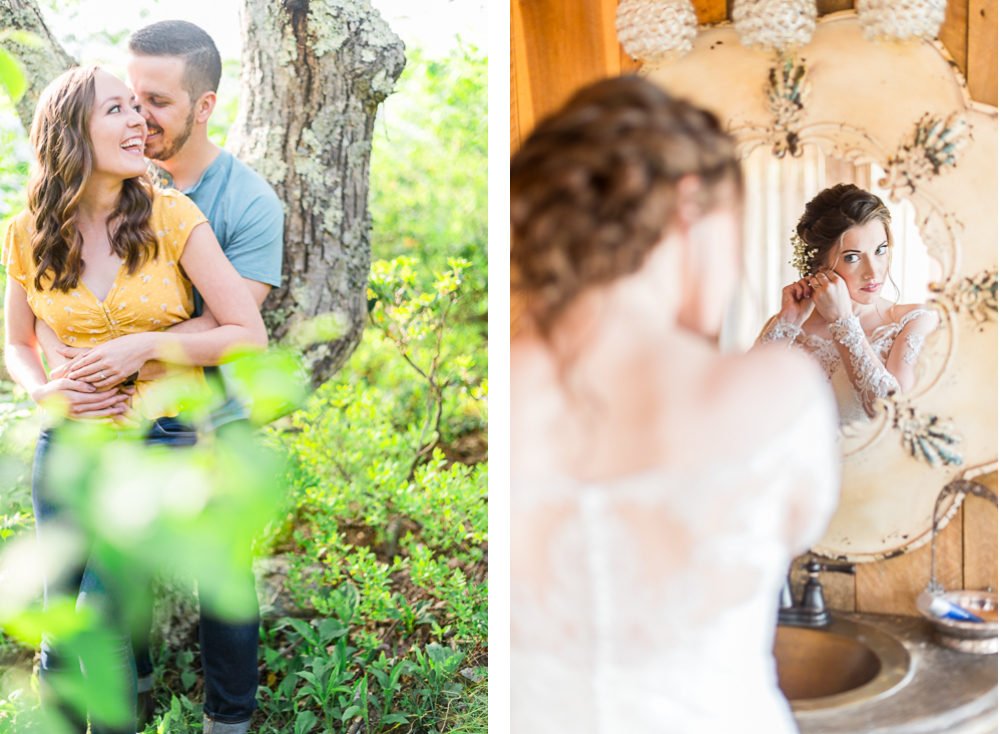
Accounting Basics: Assets and Liabilities
Here’s where things get a bit more complex. While income and expenses are easy to understand, assets and liabilities are where people often get confused. In the most simple terms, an asset is something that your business OWNS that has value. Conversely, a liability is an amount of money that your business OWES.
If you went out and shot a photoshoot, then used the money you made to purchase a new lens, your business now owns that lens. It’s an asset of your business. Conversely, if you took out a loan from a bank or purchased a new lens on a credit card, the debt you owe is now a liability for your business.
Your business would still own the lens, and therefore have an asset, but it would have liability of the same amount, until that debt was paid off. It’s a bit confusing, and gets much more confusing when you actually begin to “account” for assets and liabilities and owner’s equity (the difference between the two), but for now, we’ll keep things simple.
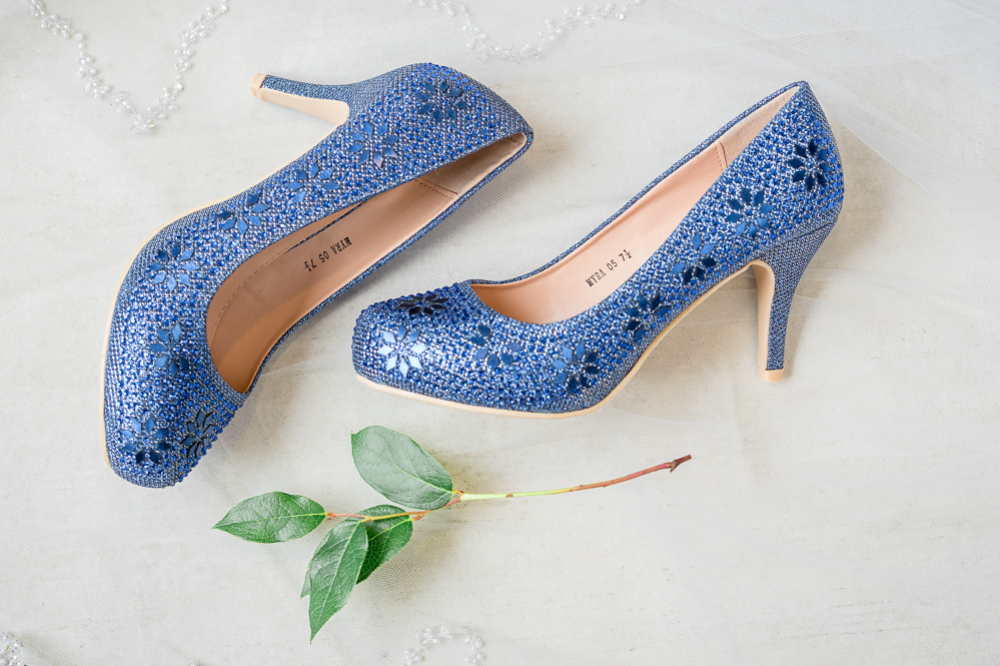
Keeping Track of Assets and Liabilities
As you buy items for your business, keep track of them on a third sheet in that same workbook. Just record what you bought, for how much, from whom, and when you bought it. Although you’ve already recorded it as an “expense”, you also want to keep track of it in “assets” so you know how much your business owns.
When it comes to liabilities, we recommend not having any in the first place! As a photographer, unless you intend to purchase or lease a building to use as a studio, there’s very little “start-up cost” (money you have to invest up front to start your photography business). By comparison, think of how much money you have to invest up-front if you wanted to open a gym or a restaurant!
Instead, our only “start-up cost” is our camera gear. And like we’ve said since our very first For Photographers blog series, you’d be better off shooting with whatever camera you have now, then upgrading your gear as you make money with your current gear. Maybe you’ll grow more slowly, but you’ll grow debt-free, and you’ll “earn” each new piece of gear, rather than being an amateur photographer with a professional kit, and no idea how to use it!
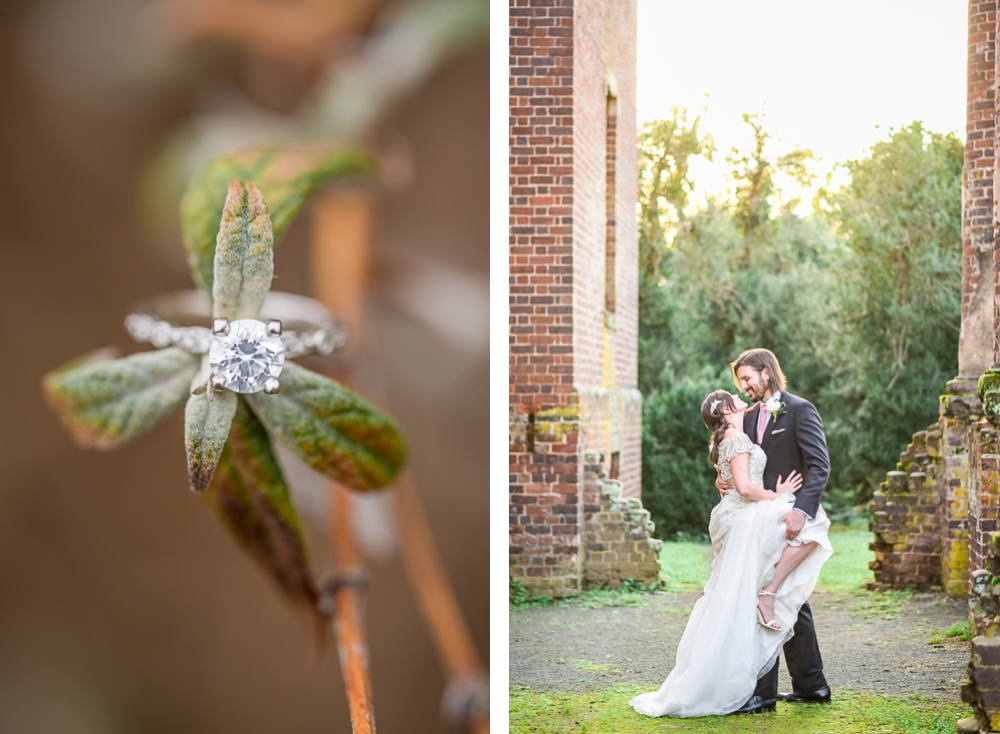
Why Keep Track?
This all seems like a TON of work. Why should you keep track of all your business financials? Well, for starters, you can actually understand the financial position of your business. For example, let’s say that at the end of your first year in business, you made $20,000 in income and spent $15,000 in expenses. Your asset sheet shows $10,000 in new assets this year.
At first, you might be disappointed that you worked so hard and made so little money. After all, your “profit” (the difference between income and expenses) was only $5,000. But when you realize that $10,000 of your expenses were camera gear and other investments in your business – then your business actually “grew” by $15,000 (your profit plus new assets).
And of course, if you ever want to become a real business that pays taxes and has insurance, a bank account, or even employees, you’ll have to do this one day. We recommend starting these accounting basics while you’re small – devoting just a few minutes once or twice a month. If you can keep track of your business as it grows, you’ll have no trouble keeping track when you’re doing six figures each year!
And of course, this spreadsheet will only get you so far. Once you’ve established a legal business, we recommend switching to an accounting software like Quickbooks. You’ll likley want to consider hiring a bookkeeper and an accountant as well to keep track of all these things for you! But more on that in later segments 😉
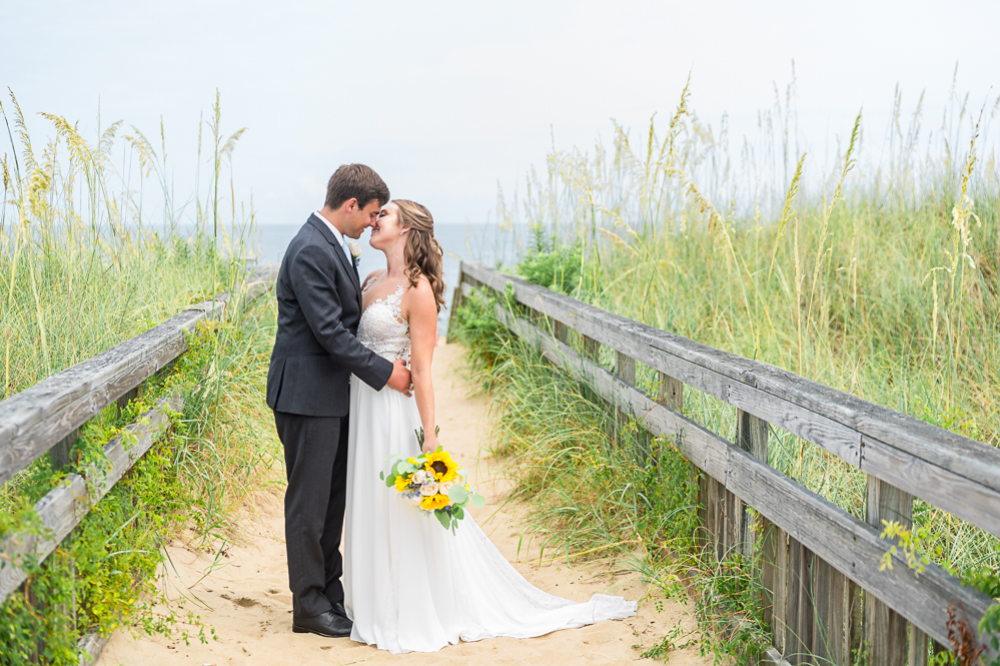
Thanks for following along! Although this information isn’t exactly sexy, we know it’ll be SO helpful for some photographers out there! Next time we’ll get into actually beginning that official business!
Until then,
Hunter + Sarah
Want More?
Click HERE to get your free copy of our eBook: “5 Essential Tips for Turning your Side-Hustle into a Full-Time Photography Business.” You’ll also be subscribed to our newsletter, so our newest content, weekly encouragement, and exclusive offers will be delivered right to your inbox!
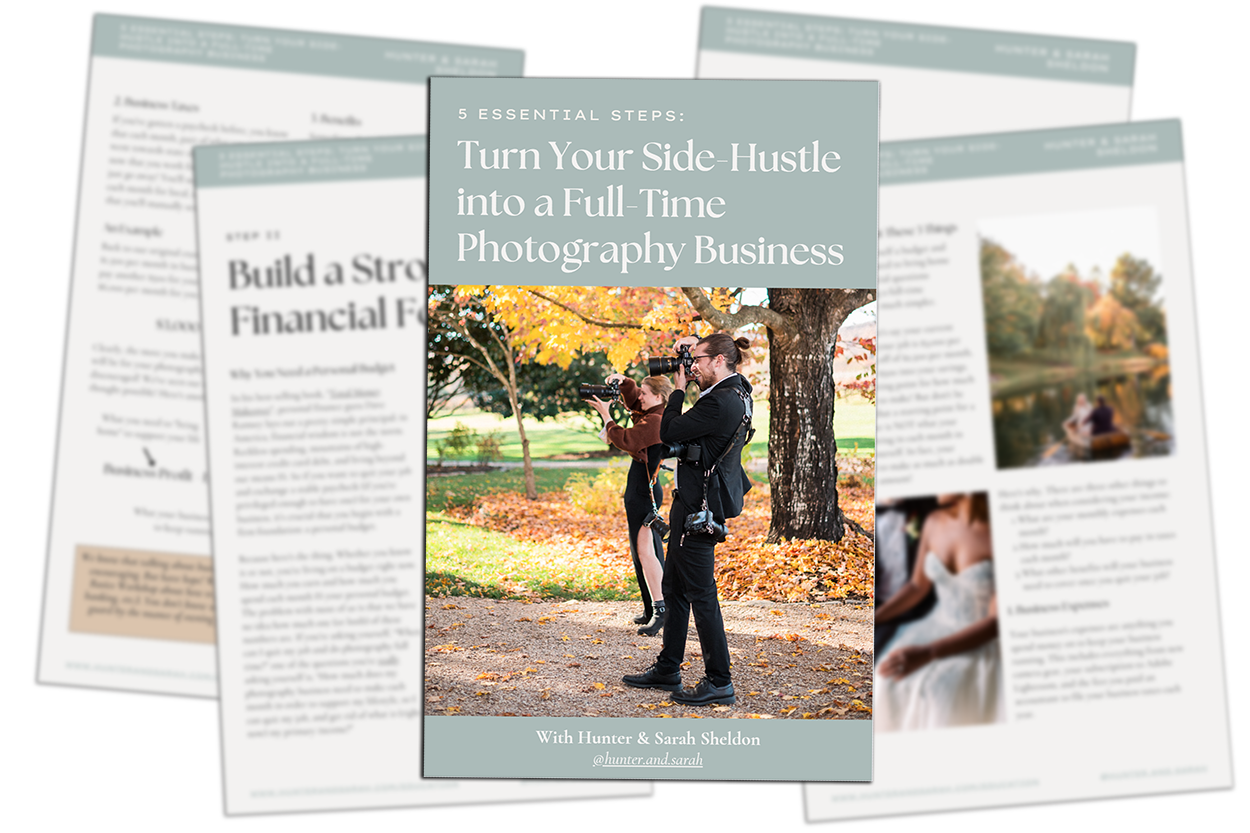
—
Check out the other segments in this blog series!
- How to Officially Start a Photography Business 2: Establish an LLC
- How to Officially Start a Photography Business 3: Pay “Sales and Use” Tax Each Month
- How to Officially Start a Photography Business 4: Get a Business Bank Account
- How to Officially Start a Photography Business 5: Get Business Insurance
- How to Officially Start a Photography Business 6: Prepare For (And Pay) Self-Employment Taxes
Filed in:
Wedding Photography & Photography Education
Charlottesville, Virginia and Beyond
HOME
ABOUT US
WEDDINGS
JOURNAL
FOR PHOTOGRAPHERS
PRESS & PRAISE
BLOG
CONTACT
e. hunter@hunterandsarahphotography.com
p. (434) 260-0902
